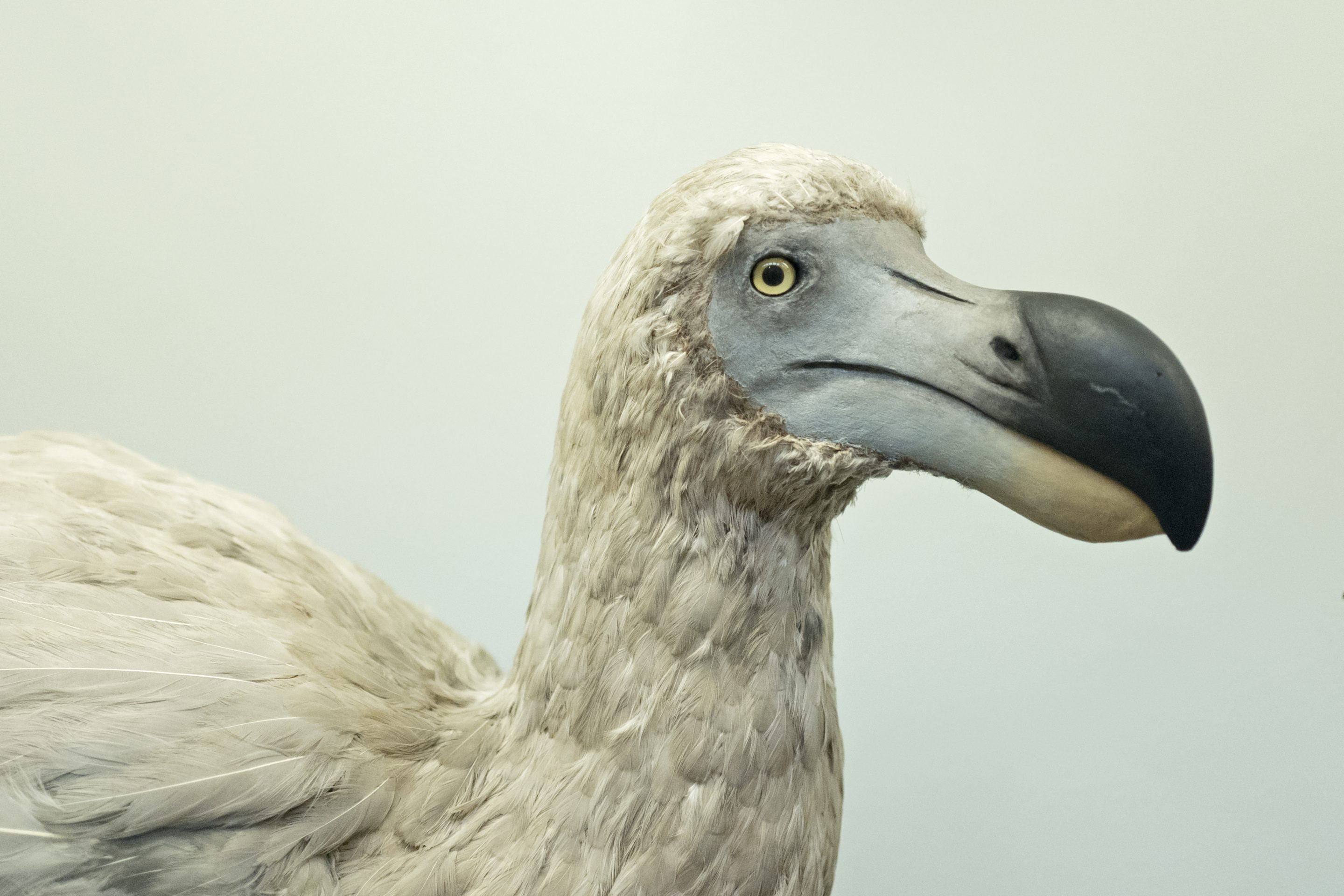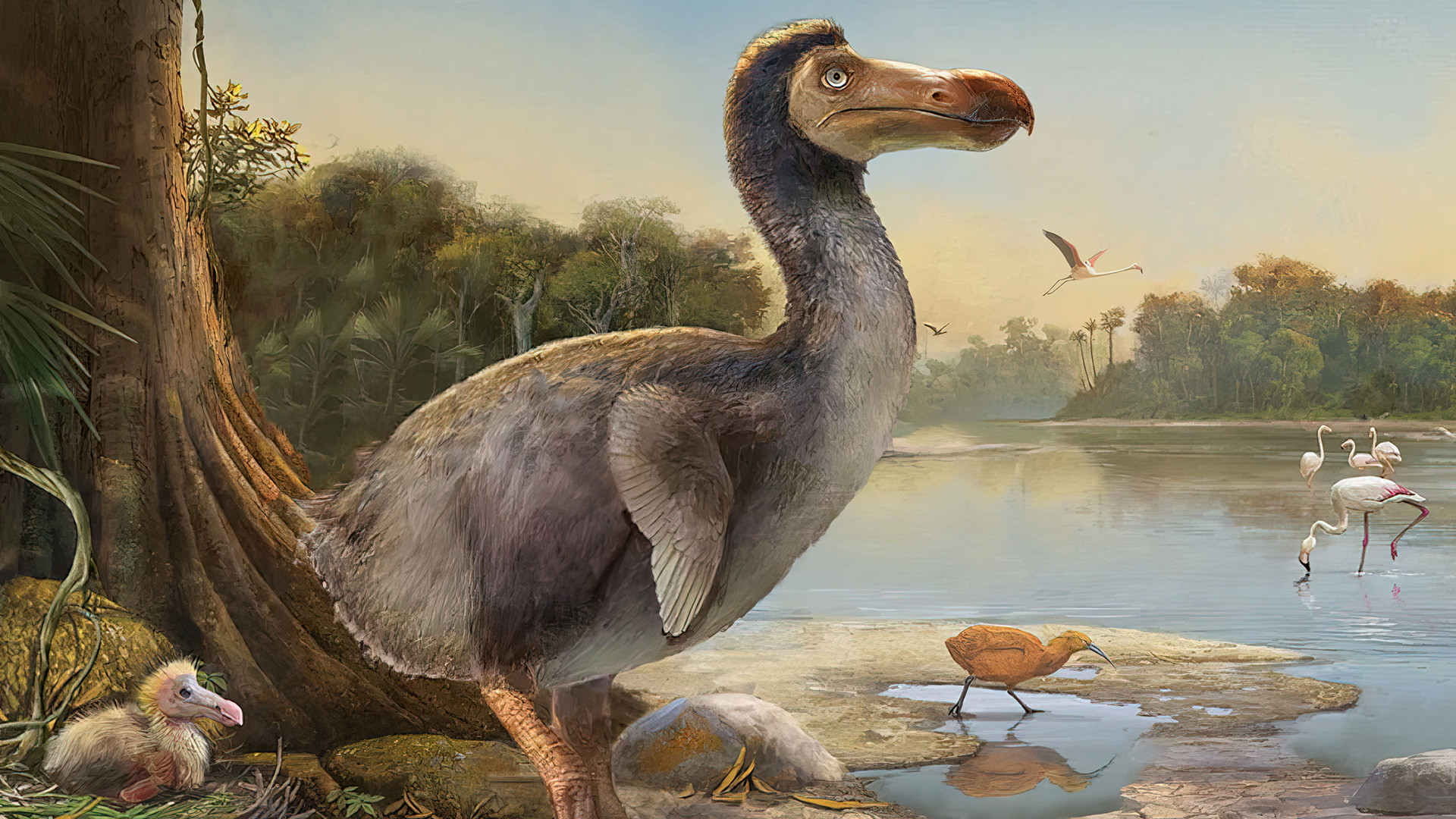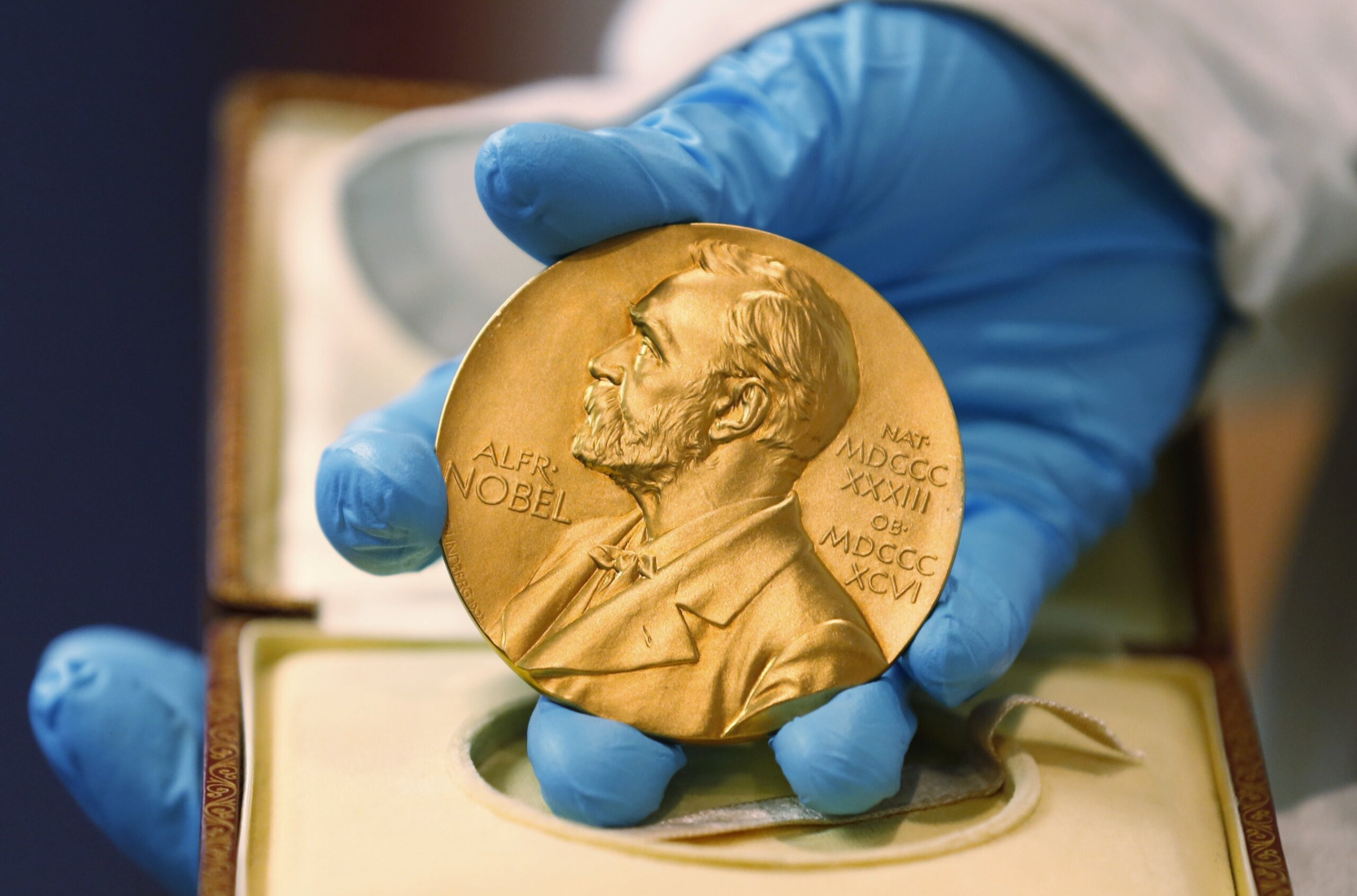Representations of dodos may look hilariously gormless and their name is now synonymous with the likes of 'dolt' and 'boofhead'. But it seems the dodo's situation more aptly represents victim blaming instead.
After reviewing 400 years of literature, researchers from the UK are working on setting the record straight: dodos were not slow and stupid.
A new study has found that dodos were not the slow and simple-minded creatures often portrayed in popular culture.
In fact, the birds were quite the opposite. Researchers examined early records and descriptions of dodos and found that they were actually fast and powerful.
“Evidence from bone specimens suggests that the Dodo's tendon which closed its toes was exceptionally powerful, analogous to climbing and running birds alive today,” says University of Southampton paleobiologist Neil Gostling. “The dodo was almost certainly a very active, very fast animal.”
Much of our early information on the famously extinct bird is hearsay from Dutch sailors, representations from artists, and fragmented remains. For years, their oddness combined with their rapid disappearance led to their dismissal as mythical fantasy creatures.
For centuries, even the number of dodo species was up for debate. Examining collections from around the UK as well as written records, University of Southampton evolutionary biologist Mark Young and colleagues have sorted through this taxonomic confusion.
Their review confirmed both the single species of dodo (Raphus cucullatus) and its closest relative, the Rodriguez solitaire (Pezophaps solitaria), are columbids, part of the pigeon and dove family of birds, that we've long made use of for their unique intelligences.
As well as their mad skills as messenger pigeons, this group of birds has also demonstrated a sense of self and is capable of using touch screens.
“The few written accounts of live Dodos say it was a fast-moving animal that loved the forest,” says Young.
This is in sharp contrast to the notion of a dimwitted 'unfit' animal that blundered into its own inevitable demise.
“These creatures were perfectly adapted to their environment, but the islands they lived on lacked mammalian predators,” says Gostling. “So, when humans arrived, bringing rats, cats, and pigs, the Dodo and the Solitaire never stood a chance.”
The dodo (Raphus cucullatus) was the first documented human-caused extinction. When Dutch sailors arrived on Mauritius in 1598, the island was teeming with the flightless birds that stood about three feet tall and weighed around 45 pounds.
But as the Dutch colonized the island, they chopped down trees, introduced predatory invasive species, and hunted down dodos.
By the 1600s, the species was extinct. According to the Oxford University Museum of Natural History (OUMNH), the last known sighting of a dodo was in 1662.
It took about 70 years for all these new inhabitants on the island of Mauritius to eat the dodos and their eggs out of existence. The last known sighting of the unique ground dove was in 1662. By 1770, the swan-sized solitaire also met the same fate.
The dodos had lived in isolation for many years before the arrival of the Dutch. They had no known predators, which allowed them to thrive. However, they grew larger and lost their ability to fly. They also were too trusting of humans and other new species.
The same scenario has since been playing out over and over again. From the highly intelligent, endangered kea parrot, to the world's rarest insects, and the extinct thylacine, many animals do not fare well when confronted by humans and the invasive species we bring with us – a process now contributing to Earth's sixth mass extinction.
Around 600 species are currently threatened by non-native predators humans have introduced.
“The Dodo was the first living thing that was recorded as being present and then disappeared,” says Gostling.
“Before this, it hadn't been thought possible for human beings to influence God's creation in such a way.”
Such assumptions have allowed us to inflict untold damage on our living world. When we wiped out the dodo we didn't understand what we were doing, but we sure as heck do now. We now know we even have enough collective power to alter the physical properties of our planet.
Scientists were unsure of which dodo species actually existed because records of the bird were inconsistent and unreliable.
So, a team of researchers decided to look into early specimens, reports, and descriptions of the species to clear up the confusion.
They found that many species, such as the Nazarene dodo, were fictional. On the other hand, the solitaire (Pezophaps solitaria) existed. It lived on the Mauritian island of Rodrigues.
Young and team's review is just the beginning of a wider project to learn more about these lost species.
“We are not just looking back in time – our research could help save today's endangered birds too,” says University of Southampton biomechanical engineer Markus Heller.
The review was published in the Zoological Journal of the Linnean Society.
The Dodo's Extinction: A Cautionary Tale
The story of the dodo serves as a stark reminder of the devastating impact that human activities can have on the natural world. While we may have learned from our mistakes, the extinction of the dodo remains a poignant symbol of the fragility of life and the urgent need to protect endangered species. Our understanding of the Dodo's true nature and the circumstances surrounding its demise highlights the critical importance of conservation efforts and responsible stewardship of our planet's biodiversity.


















